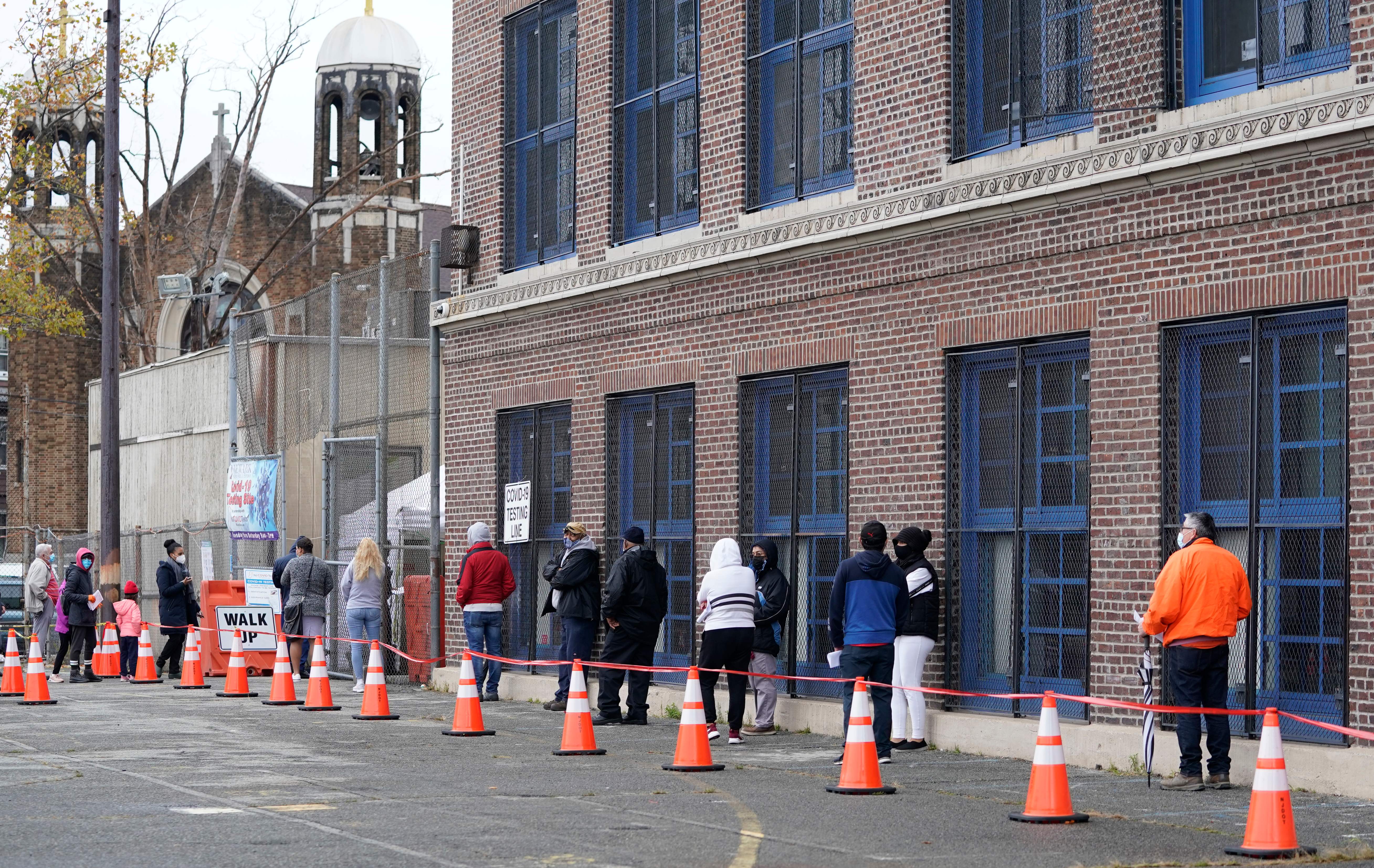What to Know
- Jury trials in New Jersey have been suspended as COVID-19 cases in the state continue to increase.
- In-person jury trials were suspended in March due to the onset of the pandemic, and had resumed in September on a limited basis and with restrictions including virtual jury selection and social distancing in courtrooms. The resumption of trials has led to resolutions and settlements in more than 300 cases.
- A state Supreme Court order released Monday suspends in-person jury trials until further notice, with the exception of one trial that is in progress.
Jury trials in New Jersey have been suspended as COVID-19 cases in the state make a resurgence.
A state Supreme Court order released Monday suspended in-person jury trials until further notice, with the exception of one trial that is in progress. In-person grand juries are suspended, but can meet virtually.
Reported cases in New Jersey have risen recently to levels not seen since the start out of outbreak.
The seven-day average for the second week in November, according to state figures, reached more than 3,500 cases daily, compared with about 900 case a day in October. In September, the average was about 460.
Hospitalizations are also up, reaching more than 2,300, compared with about 760 a month ago and roughly 400 the month before that.
On Tuesday, Democratic Gov. Phil Murphy said there had been 38 new deaths reported overnight, bringing the total to 14,817 since the pandemic started.
Since March, judges have conducted more than 100,000 remote court events involving more than a million participants, according to the state judiciary.
In-person jury trials were suspended for six months in New Jersey, one of the states hardest hit by the pandemic. To resume jury trials on a limited basis — and reduce a backlog of thousands of cases — the state Supreme Court released a plan in August that provided for jury selection to be conducted mostly online, with some individual questioning of jurors done in person.
The Association of Criminal Defense Lawyers of New Jersey criticized the plan at the time, saying a lack of access to technology would unconstitutionally exclude minority, poor and elderly jurors.
About a dozen jury trials have been conducted since September.
The resumption of trials has led to resolutions and settlements in more than 300 cases, according to the state judiciary.




